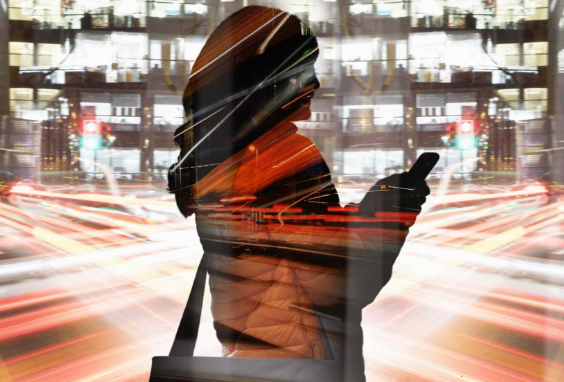A new report driven by what people in eight Chinese cities buy on their phones after the night falls reveals just how different the nightlife is among Chinese urban dwellers.
近期一份有关国内八座城市居民夜晚手机消费的最新报告,揭示出了我国城镇居民夜生活方面的差异。
According to data gathered from Alibaba Group on payment services across eight platforms -- including Alipay, food delivery unit Ele.me, as well as the video-streaming site Youku -- Chinese people go to bed at 4 am on average.
根据阿里巴巴集团从支付宝、食品配送公司饿了么、视频网站优酷等8个平台收集的付款服务的数据,国人平均就寝时间为凌晨4点。
Additionally, it also shows Beijingers order Starbucks after 6 pm the most, go to bed late and rise at the earliest times.
此外,数据还显示,北京人在晚上6点后下单购买星巴克的人最多,并且是睡得晚但起得最早的人群。
Residents in Shanghai purchase movie tickets and pay the most hospital visits at midnight, and East China's Nanjing city has the most bookstore visits.
上海居民午夜买电影票和去医院的次数最多;而华东城市南京晚上逛书店的人次最多。

As for the night food orders, they start coming in at 9 pm with orders for fried chicken and barbecued sticks of meat ranking as people's favorites.
至于夜宵,一般是从晚上9点开始,主要是炸鸡和烤肉串,这些都是人们最喜欢的。
Down southwest in Chengdu, people spend the most on dinner, gathering around tables for hotpot. Citizens in Hangzhou City in eastern China prefer drinks over food, with its highest sales of alcohol at night.
在西南部的成都市,人们花在晚餐上的钱最多,他们会围坐在餐桌旁吃火锅。中国东部城市杭州市的市民更喜欢喝而不是吃东西,酒类在晚上的销量最高。
Mobile payment has been an integrated part of people's lives in China, as consumers can place a food order, shop online and also pay utility bills on their smartphone screens -- no matter what time it is. However, the active nightlife also reflects the pressure of urban life.
在中国,移动支付已经成为人们生活中的一部分,因为消费者可以在智能手机屏幕上点餐、网上购物和支付水电费--无论什么时候都可以。但是,活跃的夜生活也反映出了城市生活的压力。













